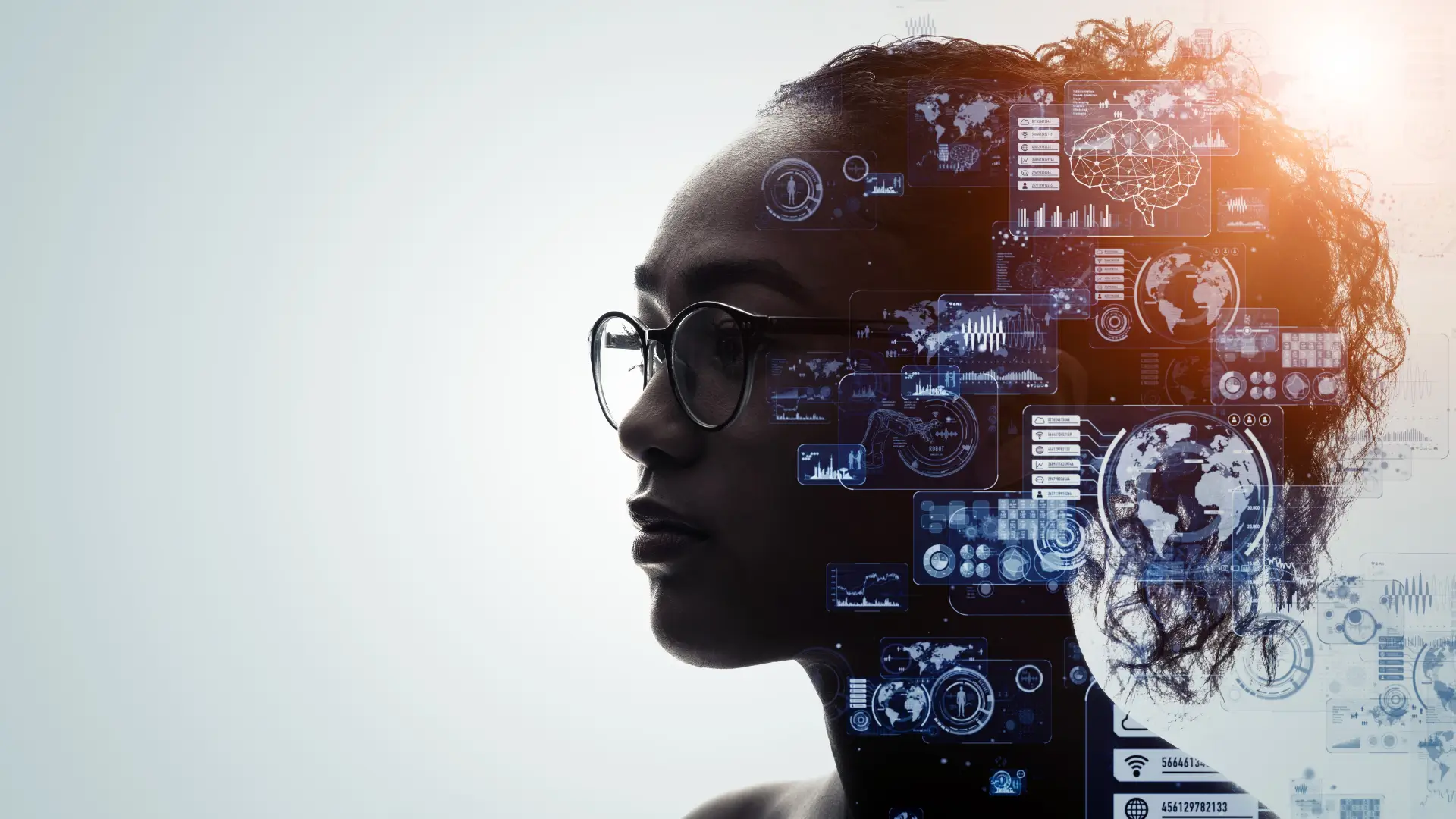The announcement today of Humanity AI marks one of the most ambitious philanthropic responses yet to the disruptive rise of artificial intelligence. Backed by an initial $500 million in commitments, this five-year collaborative seeks nothing less than to rebalance the trajectory of artificial intelligence development, shifting power toward the public good.
This initiative recognizes that AI’s impact on our jobs, communities, and democracy will be shaped by our choices today. This effort is needed because AI will have enormous social and economic consequences. AI is reshaping lives in real time, from the future of work to protecting civil rights to how we build community and relationships.
This matters to all of us
For organizations like Lumina Foundation, the stakes are especially high. Lumina backs a national goal to expand the share of adults in the U.S. labor force with college degrees and other credentials of value that lead to economic prosperity to 75 percent by 2040. That goal intersects directly with AI’s upheaval of the labor market.
Recent research from Georgetown University’s Center on Education and the Workforce found that growing skills shortages in critical occupations lie ahead if we don’t come to terms with AI in higher education and the labor market. Through 2032, 18.4 million experienced workers with post-high school education are expected to retire, outpacing the 13.8 million younger workers who will enter the labor market with equivalent knowledge and skills.
AI will reshape the demand for skills, the pathways to economic security, and the meaning of “credentials with value.” If Lumina and those we work with in the field want to ensure that learning after high school translates into real opportunity, we must help shape how AI transforms work. Humanity AI creates exactly that kind of platform for intervention—one that links higher education, workforce policy, and civil society to AI governance.
The crucial focus on AI and labor
No dimension of AI’s rise is more urgent than its effect on jobs and the labor market. The World Economic Forum estimates that by 2027, AI and automation could displace 83 million jobs while creating 69 million new ones, a net loss of 14 million positions worldwide.
In the United States, research from MIT economist David Autor suggests AI could hollow out the middle class or help rebuild it, depending on how it is deployed. Unlike earlier waves of automation, which mainly eliminated routine jobs, AI has the capacity to extend expertise—allowing middle-skilled workers to take on tasks once reserved for professionals. But this outcome is not guaranteed; it depends on deliberate investment in training, policy, and worker advocacy.
Labor-focused philanthropy has historically been underfunded. Humanity AI seeks to change that by supporting:
- Research that measures AI’s impact on work and wages, providing evidence for policymakers.
- Worker advocacy, ensuring that benefits and risks are distributed fairly.
- Bridges between technologists and labor organizations, so governance reflects both technical knowledge and lived experience.
This is where Lumina’s commitment to credentials of value dovetails with Humanity AI’s mission. If AI is to expand opportunity, we need robust systems for training and retraining workers—credentials that signify knowledge, skills, and abilities that deliver wage gains, job mobility, and dignity.
Higher education’s importance is woven throughout this new effort: Universities have much to contribute to AI research, and schools increasingly recognize the importance of education in promoting the foundational values of democracy. AI’s role in developing the work of the future aligns with efforts at many universities to more closely align courses and programming with workforce needs.
What success looks like
Philanthropy is often criticized for lofty visions without clear outcomes. Humanity AI must avoid that trap. Success should be measured by whether it tangibly shifts the balance of power and creates durable public goods. This plan will work if it yields better data on AI’s impact on labor, gives workers a stronger voice in how AI is deployed, and ultimately builds public trust in this innovative technology.
Handled improperly, AI could displace workers and concentrate power unfairly. Guided wisely, it could democratize expertise, expand opportunities, and help millions live safer, more dignified lives.
Humanity AI represents a bold bet that the second path is possible. By centering people, civil society, and the public good, this initiative looks to a future in which AI benefits all of us.
Jamie Merisotis is president and CEO of Lumina Foundation, an independent, private foundation in Indianapolis committed to making opportunities for learning beyond high school available to all, and author of Human Work in the Age of Smart Machines.
